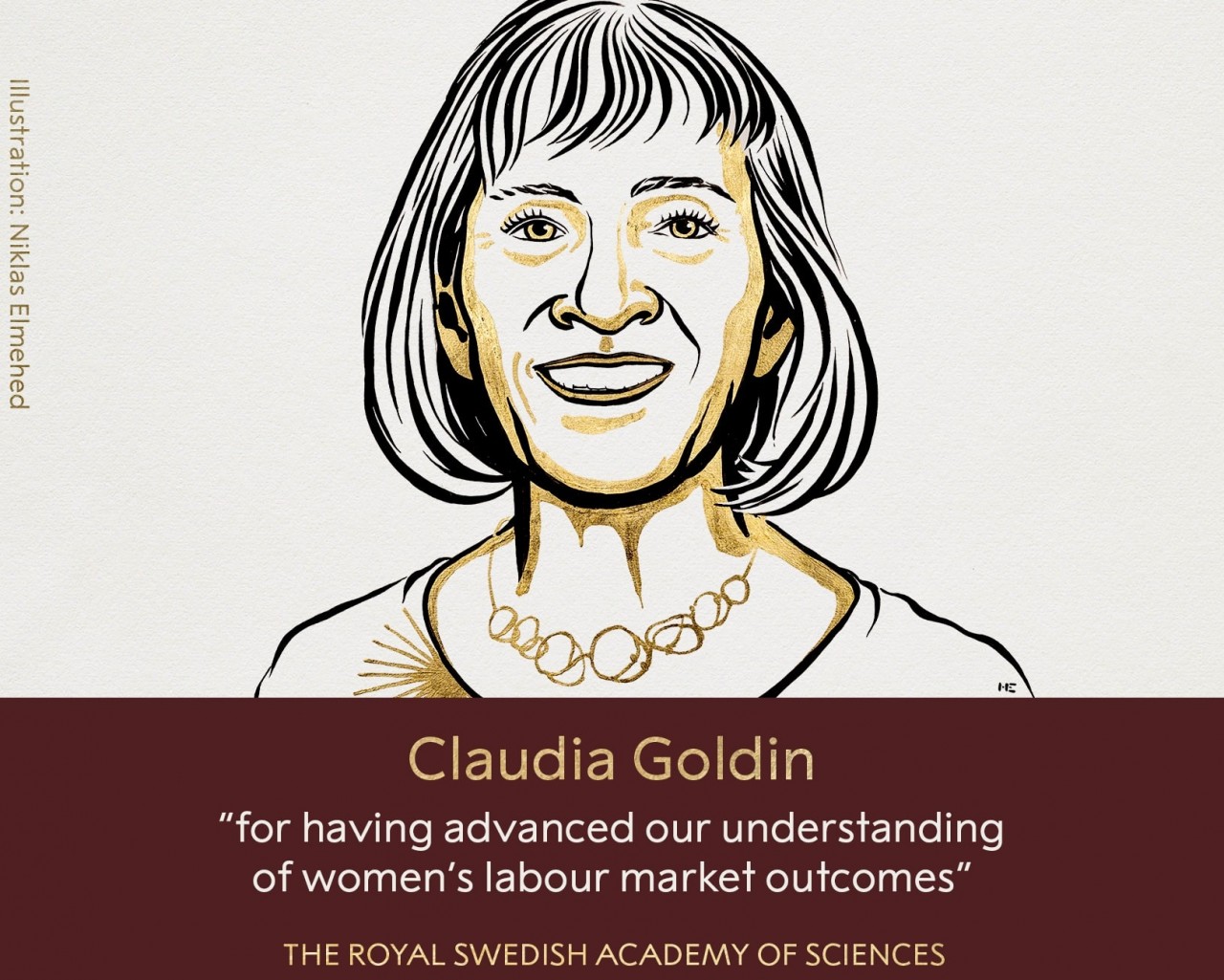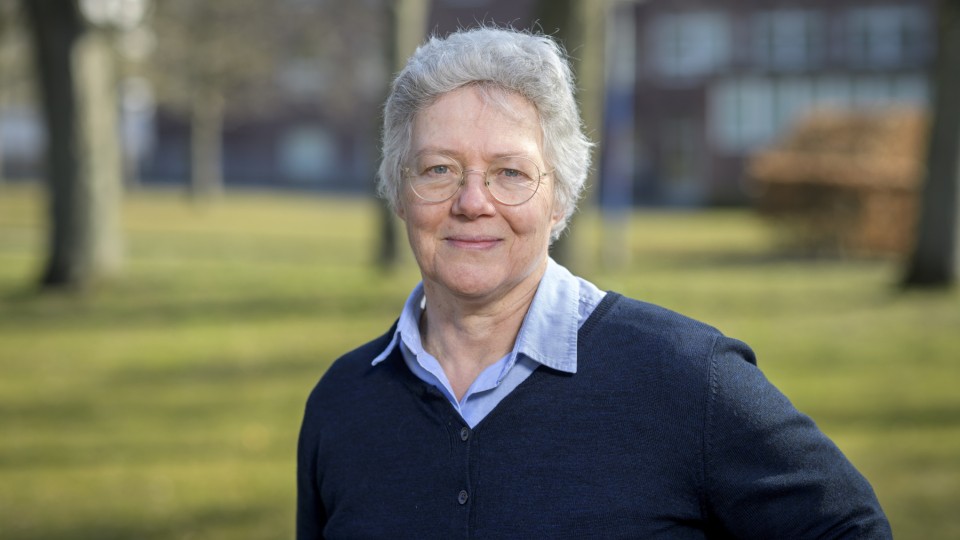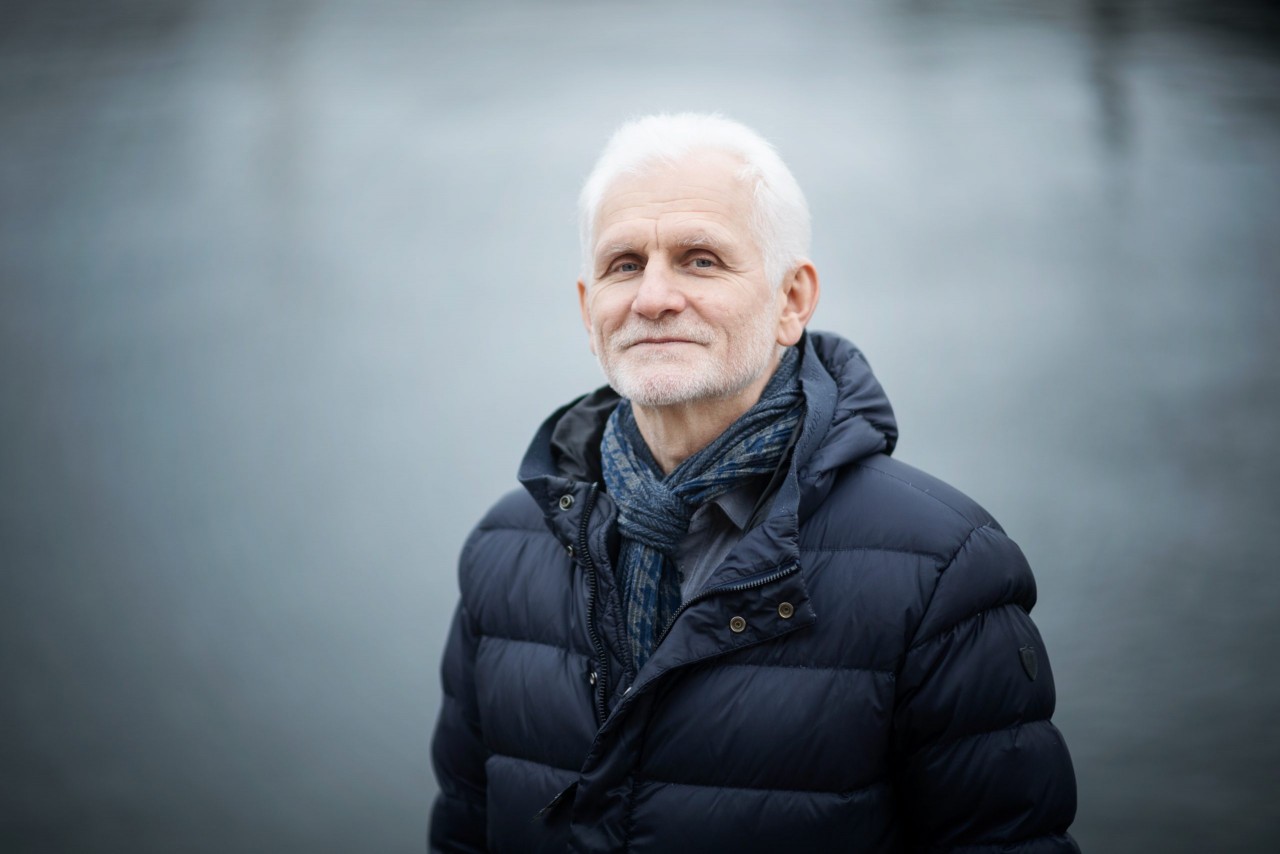Biography of American Scientist David Julius: Early Life, Career, Awards and Achievement
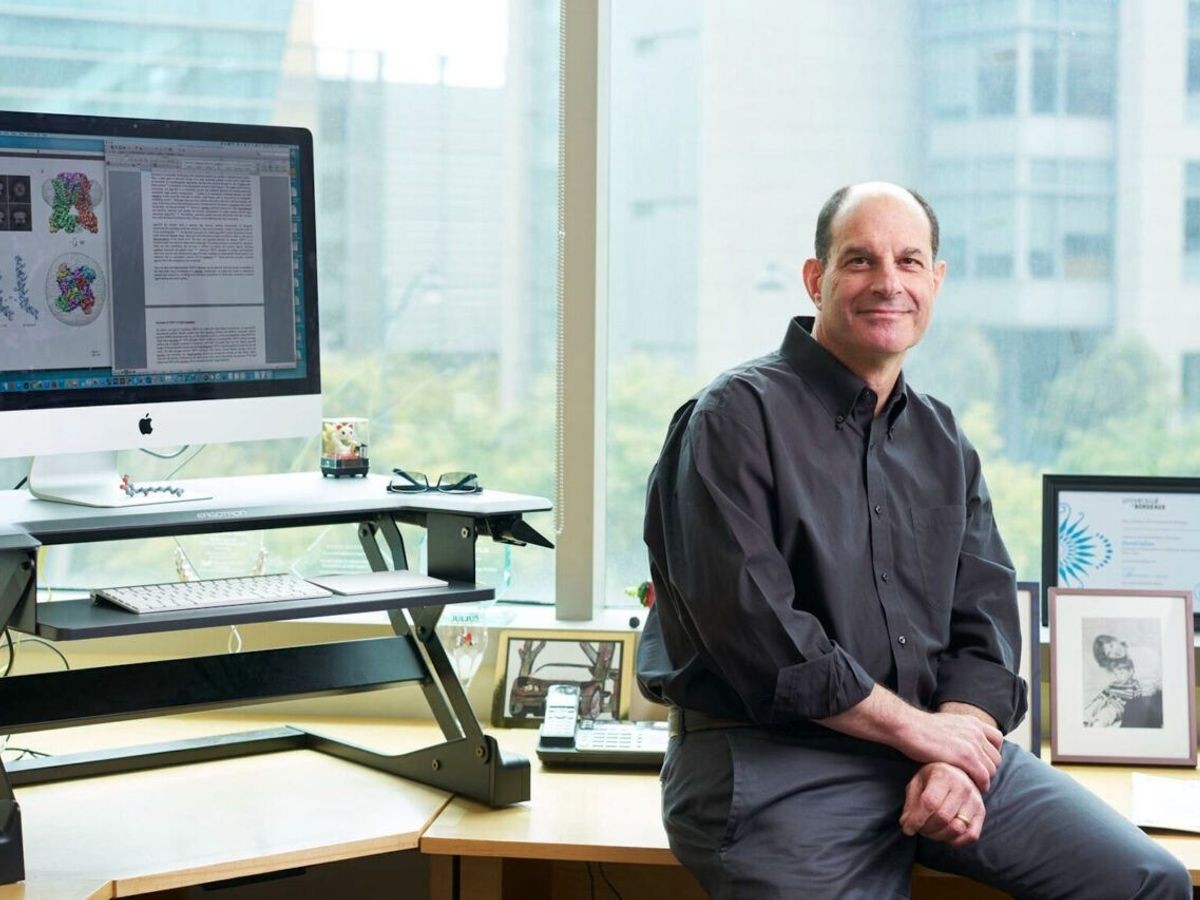 |
| The Forward |
David Julius '77 will share the 2021 Nobel Prize in Physiology or Medicine, the Royal Swedish Academy of Sciences announced this morning in Stockholm.
Julius, a professor at the University of California at San Francisco, shares the prize with Ardem Patapoutian, a professor at the Scripps Research Institute, for their discoveries in how the body senses touch and temperature.
Both scientists helped to answer a fundamental question regarding how the nervous system interprets our environment: How are temperature and mechanical stimuli converted into electrical impulses in the nervous system?
Who is David Julius – Biography
David Jay Julius (born November 4, 1955) is an American physiologist and Nobel Prize laureate known for his work on molecular mechanisms of pain sensation and heat, including the characterization of the TRPV1 and TRPM8 receptors that detect capsaicin, menthol, and temperature. He is a professor at the University of California, San Francisco.
Julius won the 2010 Shaw Prize in Life Science and Medicine and the 2020 Breakthrough Prize in Life Sciences. He was awarded the 2021 Nobel Prize in Physiology or Medicine jointly with Ardem Patapoutian.
David Julius – Early Life and Education
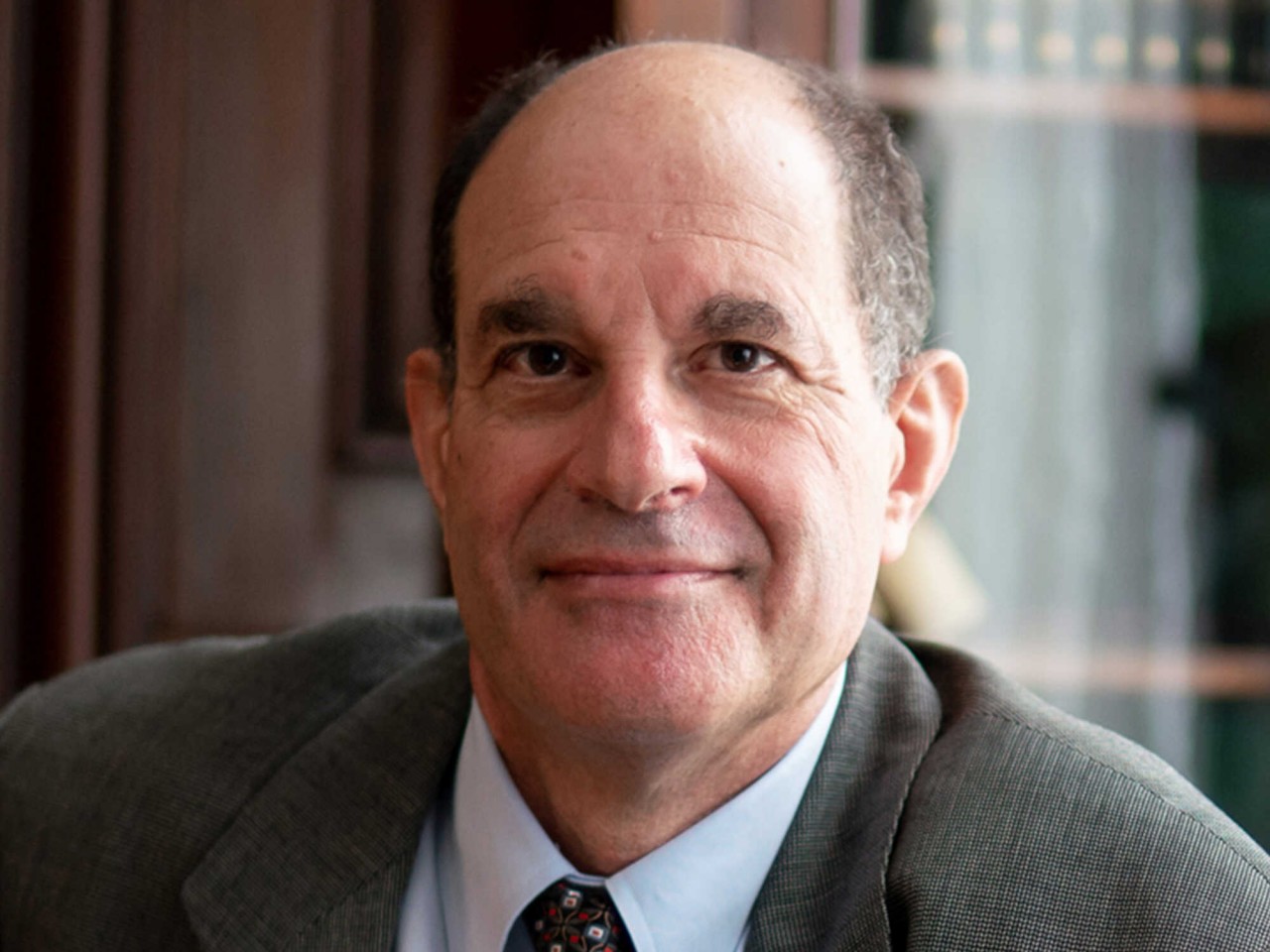 |
| Quanta Magazine |
Julius was born to an Ashkenazi Jewish family in Brighton Beach, Brooklyn, New York. He earned his undergraduate degree from Massachusetts Institute of Technology in 1977. He attained his doctorate from University of California, Berkeley in 1984, under joint supervision of Jeremy Thorner and Randy Schekman, where he identified Kex2 as the founding member of furin-like proprotein convertases. In 1989, he completed his post-doctoral training with Richard Axel at Columbia University where he cloned and characterized the serotonin 1c receptor.
While at Berkeley and Columbia, Julius became interested in how Psilocybin mushrooms and LSD work, which led him to look more broadly into how things from nature interact with human receptors.
David Julius - Research career
In 1997, Julius's lab cloned and characterized TRPV1 which is the receptor that detects capsaicin, the chemical in chili peppers that makes them "hot". They found that TRPV1 also detects noxious heat (thermoception). TRPV1 is part of a large family of structurally related TRP (transient receptor potential) cation channels. Animals that lack TRPV1 (using genetic knockouts of the protein) lose sensitivity to noxious heat and capsaicin.
 |
| UC San Francisco |
Julius's lab has also cloned and characterized TRPM8 (CMR1) and TRPA1, both members of the TRP superfamily. They demonstrated that TRPM8 detects menthol and cooler temperatures and TRPA1 detects mustard oil (allyl isothiocyanate). These observations suggested that TRP channels detect a range of temperatures and chemicals. David Julius's lab has also made contributions to the study of nociception by discovering toxins that modulate these channels, describing unique adaptations of the channels in diverse species and solving the cryo-EM structures of numerous channels.
From 2007–2020 Julius served as the editor of the peer-reviewed journal the Annual Review of Physiology.
Dr. Julius has used distinctive molecules from the natural world – including toxins from tarantulas and coral snakes, and capsaicin, the molecule that produces the “heat” in chili peppers – to understand how signals responsible for temperature and pain sensation are transmitted by neural circuits to the brain.
In his research Dr. Julius has homed in on a class of proteins called TRP (pronounced “trip”) ion channels to discover how the chemical compound responsible for the spicy heat of chili peppers – called capsaicin – elicits a burning sensation when eaten or touched. The research led to the identification and cloning of the specific protein responsible, named TRPV1. On the flip side, Dr. Julius has used menthol, a natural cooling agent, to identify a receptor for “real” cold. This protein, named TRPM8, is a close molecular cousin of TRPV1, pointing to a common mechanism for sensing temperature. As in the case of TRPV1, this ion channel contributes to hypersensitivity to cold, such as that experienced after chemotherapy or other types of nerve injury.
The Impact:
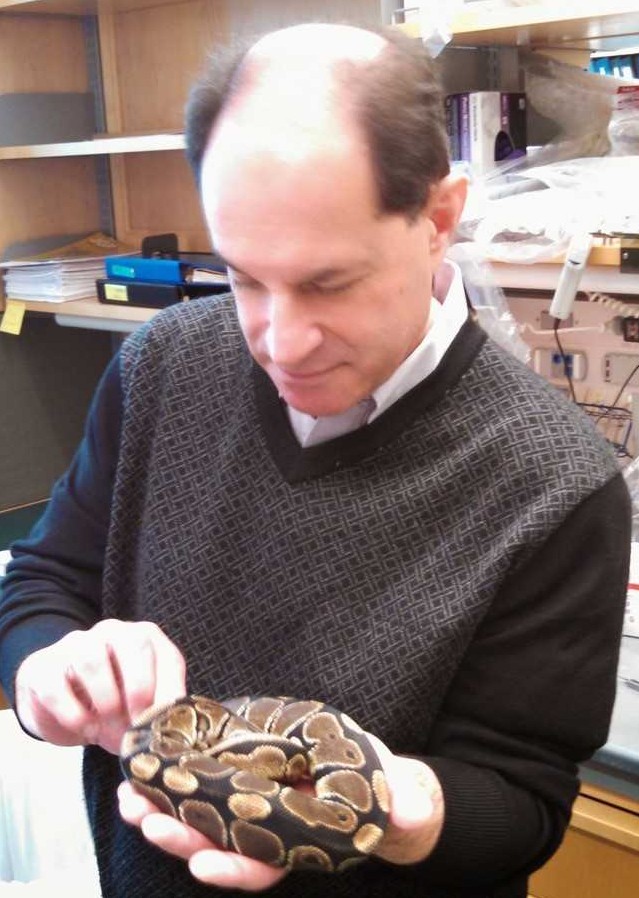 |
| Wikipedia |
Somatosensation, our sense of touch and pain, serves as a warning system to guard us against injury. While critical to our survival and well-being, this system can become hypersensitive, resulting in chronic pain. This work helps to explain how such positive and negative aspects of pain sensation arise – insight that is critical to understanding the genesis of chronic pain syndromes. One indication of the importance of this work to medicine is the interest in TRP channels as potential targets for a new generation of painkillers.
“David’s work is never derivative,” said Allan Basbaum, Ph.D., a frequent scientific collaborator and the chair of UCSF’s Department of Anatomy. “It’s always groundbreaking, seminal.”
Julius has received numerous honors and awards, including the Breakthrough Prize in Life Sciences, Canada Gairdner International Award, the Shaw Prize in Life Science and Medicine, the Kavli Prize in Neuroscience, the Dr. Paul Janssen Award for Biomedical Research, the Passano Award, the Prince of Asturias Award for Technical and Scientific Research, the Scolnick Prize from the McGovern Institute for Brain Research, the Unilever Science Prize, and the Klaus Joachim Zülch Neuroscience Prize. He is a member of the National Academy of Sciences, the National Academy of Medicine, and the American Academy of Arts and Sciences.
David Julius - Awards and Achievement
In 2000, Julius was awarded the inaugural Perl-UNC Neuroscience Prize for his work on cloning the capsaicin receptor. In 2010, he won the Shaw Prize for his work identifying the ion channels involved in various aspects of nociception. In 2014, he was honored by Johnson & Johnson with the Dr. Paul Janssen Award for Biomedical Research for discovering the molecular basis for pain and thermosensation. In 2017, he won the Gairdner Foundation International Award and the HFSP Nakasone Award. He has also been awarded the 2010 Prince of Asturias Prize for Technical and Scientific Research, the 2020 Breakthrough Prize in Life Sciences, and the 2020 Kavli Prize in Neuroscience (together with Ardem Patapoutian) and the 2020 BBVA Foundation Frontiers of Knowledge Award.
In 2021, he was awarded the Nobel Prize in Physiology or Medicine jointly with Ardem Patapoutian for their discoveries of receptors for temperature and touch.
David Julius wins Nobel Prize for work on pain sensationDavid Julius, Ph.D., professor and chair of the Department of Physiology and Morris Herzstein Chair in Molecular Biology and Medicine at UC San Francisco, has won the 2021 Nobel Prize in Physiology or Medicine. Julius received the prize jointly with Ardem Patapoutian, a UCLA alum and former UCSF postdoctoral fellow, “for their discoveries of receptors for temperature and touch,” according to the Nobel committee in Stockholm, Sweden. "Congratulations to David Julius and Arden Patapoutian on this richly-deserved honor," University of California President Michael V. Drake, M.D. said. "Their discoveries on pain sensation represent a major breakthrough in how we understand human perception. Insights like these hold immense promise for patients.” A biochemist and molecular biologist, Julius’s work has focused on how our bodies sense heat, cold and chemical irritants, leading to new insights about the fundamental nature of pain and new targets for pain therapy. To understand how signals responsible for temperature and pain sensation are transmitted by neural circuits to the brain, Julius and his UCSF laboratory have taken advantage of a variety of noxious substances produced by animals and plants — including toxins from tarantulas and coral snakes; capsaicin, the molecule that produces the “heat” in chili peppers; and the chemicals underlying the pungency of horseradish and wasabi. Guided by studies of how these natural products and other compounds trigger sensations of heat, cold, and pain, Julius has homed in on a class of proteins called TRP (pronounced “trip”) ion channels as key players in the nervous system’s pain signaling apparatus. One indication of the importance of this work to medicine is the intense interest in TRP channels by the pharmaceutical industry as potential targets for new painkillers. “David’s work epitomizes the creativity, scientific rigor, and courage needed to pursue the major unsolved mysteries of biology and achieve the surprising discoveries that ultimately lead to crucial advances in human health,” said UCSF Chancellor Sam Hawgood, MBBS. “These are values UCSF is proud to foster on campus, and I want to congratulate David for this well-deserved honor.” “Congratulations to David for succeeding on the highest scale,” added Talmadge E. King, Jr., M.D., dean of the School of Medicine. “At UCSF, our ability to take excellent care of patients is based on a strong foundation of science, and of researchers like David who have dedicated their lives to discovery. Just as his research opens up new avenues for drug development, his commitment to the education and mentorship of future scientists inspires those around him to push the boundaries of what’s possible." |
 | Biography of Giorgio Parisi: Early Life, Career, Awards and Achievement Giorgio Parisi, an Italian theoretical physicist, whose research has focused on quantum field theory, statistical mechanics and complex systems, becomes the sixth Italian scientist to ... |
 | Biography of Klaus Hasselmann: Early Life, Career, Awards and Achievement Klaus Hasselmann, a leading German oceanographer and climate modeller, and founding Director of the Max Planck Institute for Meteorology, receives the Nobel Prize in Physics ... |
 | Who is Singer V of BTS: Early Life, Career, Personal Life, Achievement Kim Tae-hyung (born December 30, 1995), also known by his stage name V, is a South Korean singer, songwriter, and actor. He is a vocalist ... |
Recommended
 World
World
India reports 9 Pakistani Aircraft Destroyed In Operation Sindoor Strikes
 World
World
Thailand Positions Itself As a Global Wellness Destination
 World
World
Indonesia Accelerates Procedures to Join OECD
 World
World
South Korea elects Lee Jae-myung president
Popular article
 World
World
22nd Shangri-La Dialogue: Japan, Philippines boost defence cooperation
 World
World
Pakistan NCRC report explores emerging child rights issues
 World
World
"India has right to defend herself against terror," says German Foreign Minister, endorses Op Sindoor
 World
World





